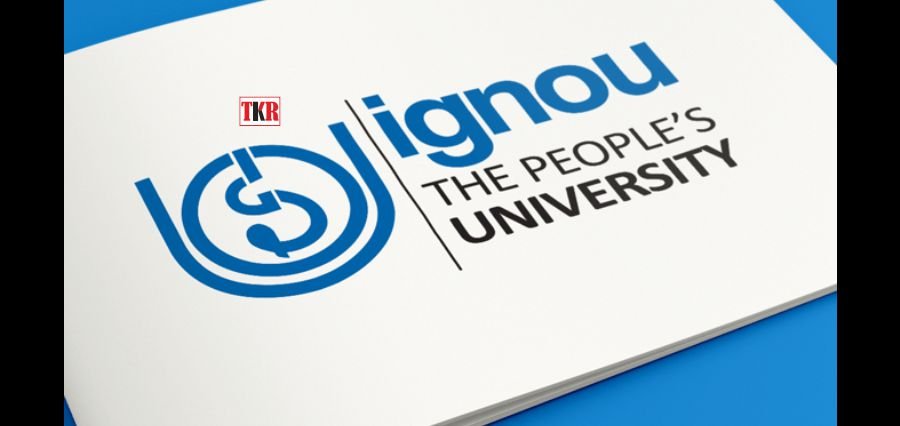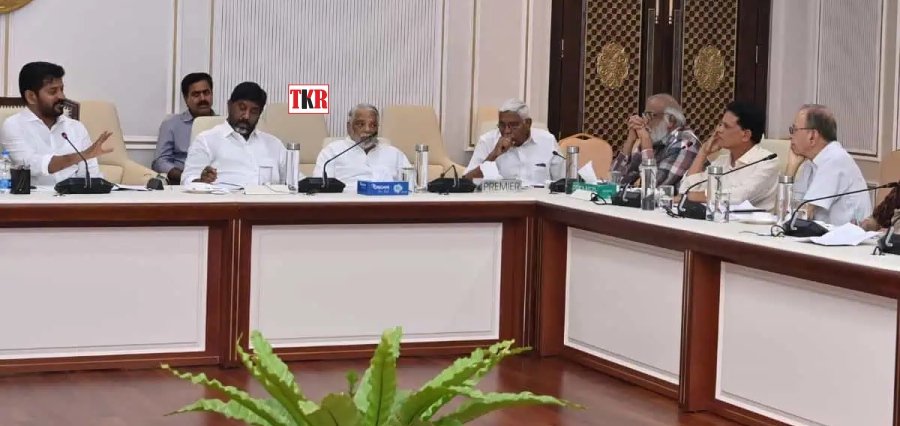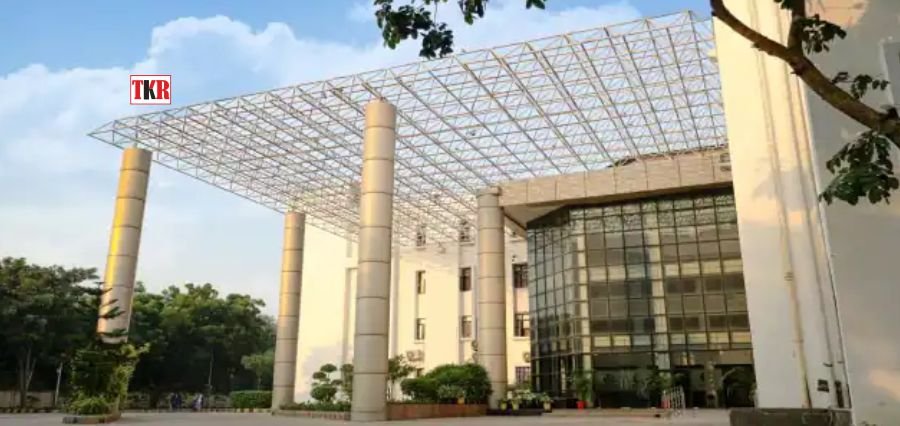Massive Open Online Courses, or MOOCs, are one of the main types of online learning that are offered. Although the word “MOOC” was first used in 2008, it only started to acquire popularity in 2011 and gained significant recognition in India starting in 2014. The global significance of online learning was underscored by the Covid-19 pandemic and the ensuing lockdowns.
Micro-credentials are an innovative and revolutionary approach to competency-based learning and technology. They are also known as “nano degrees” since they are typically shorter than traditional degrees and offer concentrated, bite-sized knowledge in the form of fewer courses that concentrate on a more manageable set of skills or competences that can be learned rapidly.
However, there are a number of difficulties in implementing micro-credentials, most of which are connected to learner perception. According to the sources, students do not fully see master’s degrees as useful instruments for learning and assessment; instead, they frequently view them as less respectable or inferior to regular degrees.
Furthermore, micro-credentials (MCs) have become a vital innovation in online education for today’s professionals and students who are limited by their work obligations or who want to gain specialized or specialist skills. These targeted courses give students an adaptable and effective approach to acquiring pertinent knowledge, ensuring that they remain competitive in their fields. MCs are seen as a godsend in a constantly changing labor market because they facilitate reskilling and upskilling, which is essential to bridging the knowledge gap between academics and business.
The effective and successful adoption of MCs depends on collaboration. The moment has come for Indian universities to lead the way in experimenting and innovating to satisfy the expectations of society and the expanding needs of the student community.
Read More: https://theknowledgereview.in/





